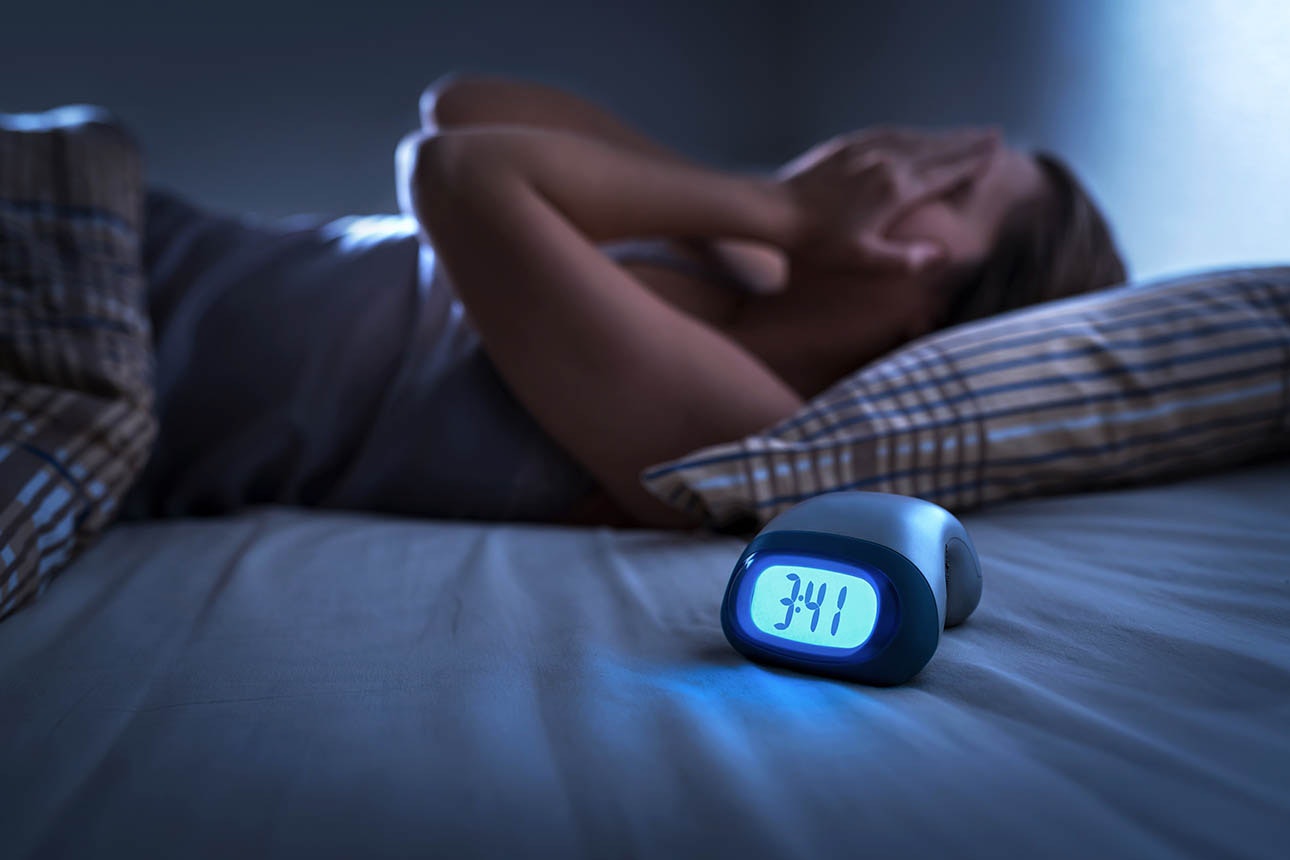
By Antoinette Spicer
Former Research Writer | Kaituhi Rangahau
Walk into your local mall or down main street, and you’ll likely find a sports supplement store.
Inside sit rows of brightly packaged supplements with impressive claims such as “increased energy”, “amplify mood” and “appetite suppressant”.
However, some contain potentially dangerous ingredients that can lead to dependency and addiction.
While no industry figures are available here, over in the United States the dietary supplement market is projected to generate US$57 billion (NZ$84 billion) by 2024.
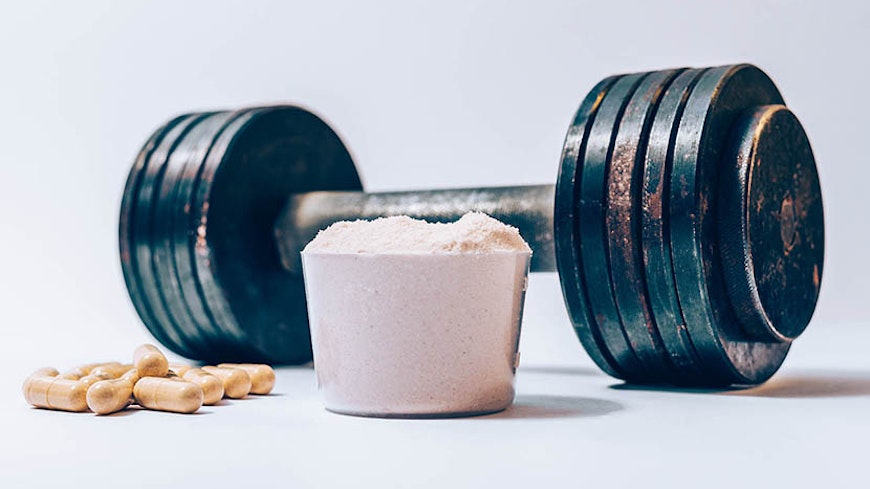
We mystery-shopped six sports supplement stores and found six products that contained seven illegal drugs. These ranged from amphetamine-like stimulants to prescription medicines used to treat ADHD and Parkinson’s disease.
We have spoken to New Zealand Food Safety about this issue, which will look into anything that is a risk to human health or doesn’t comply with legislation.
Beta-phenethylamine
Beta-phenethylamine is a class C drug that acts as a stimulant. Phenethylamines are a class of amphetamine-like substances found in many illegal drugs, such as MDMA.
Beta-phenethylamine may cause adverse reactions, such as increased heart rate and blood pressure.
Octodrine (also known as DMHA, 2-amino-6-methylheptane or dimethylhexylamine) is a prescription drug. It was originally developed as a nasal decongestant in the 1950s but was withdrawn from the market. It’s reemerged in pre-workout supplements and fat-burning products.
Effects of the amphetamine-like stimulant include euphoria, alertness and increased pain threshold. Octodrine is structurally similar to dimethylamylamine (DMAA), a key ingredient in party pills. DMAA is banned in Australia, Brazil, the UK, and the US due to adverse effects such as strokes, heart failure and sudden death.
Found in:
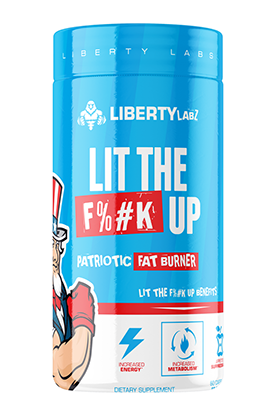
Lit the F%#k up by Liberty Labz
$109.90 (60 capsules)
CLAIMS
“Increased energy.”
“Increased metabolism.”
“Appetite suppressant.”
PURCHASED FROM
Supplement Solutions (in Wellington).
Supplement Solutions director Matthew Walley agreed to remove the product from sale after we contacted him.
Deanol
Deanol, also known as DMAE, DMEA and dimethylethanolamine, is an amino acid produced in the brain. There is little in-depth research into Deanol, but some studies claim it can improve learning and memory.
Any product with more than 10 milligrams per litre or kilogram of Deanol is classed as a prescription medicine. The drug may cause insomnia, muscle tenseness and spontaneous muscle twitches.
Deanol was originally prescribed to children with learning and behavioural problems, such as ADHD and autism. However, it’s since been withdrawn from the market.
The product we found that contained DMAE touted it as an athletic performance and mood enhancer. There’s insufficient evidence to support these claims.
Found in:
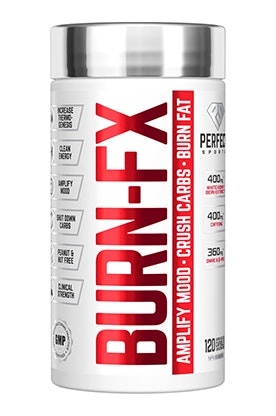
Perfect Sports Burn FX
$79.90 (120 capsules, each containing 150mg of Deanol)
CLAIMS
“Built to boost energy, drive up metabolism, reduce appetite, shut down the carb absorption, and amplify the mood.”
“DMAE supports acetylcholine production, a neurotransmitter, which helps increase mental alertness and improves mood.”
PURCHASED FROM
supplements.co.nz.
Directors Kim Kruger and Jason Dunlop didn’t respond to our questions but removed the product from sale after we contacted them.
Hordenine
Hordenine (N, N-dimethyltyramine) is a class C drug. It’s used for weight-loss and athletic performance in some supplements, but there’s currently no good scientific evidence to support these uses. It’s a stimulant that can cause rapid heart rate and high blood pressure.
Found in:
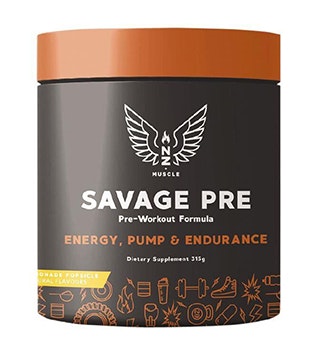
Savage Pre by NZ Muscle Limited
$49.99 (25 doses of loose powder).
CLAIMS
“Supports energy, endurance, and focus”.
PURCHASED FROM
NZ Muscle
NZ Muscle founder and director Dion Roosenbrand pointed to a lack of information on the ingredient on the regulatory bodies’ websites. The product was manufactured over a year ago in the US and he said it’s unclear if that falls outside the classification of the ingredient.
“In the past if any ingredients became re-classified we have been notified directly from Medsafe, at this point in time we have not received any communication as such.”
He said the product has already been reformulated with manufacturing moved to New Zealand. New batches will not contain Hordenine and NZ Muscle will seek further advice from the regulatory agencies.
Mucuna pruriens extract
Mucuna pruriens, is a legume (commonly referred to as velvet bean). Its seeds contain high concentrations of levodopa, which is used to treat Parkinson’s disease.
Levodopa is metabolised by the body to form dopamine. However, it can also cause psychological effects such as hallucinations and mania. People can also suffer nausea, vomiting, hepatotoxicity and respiratory issues.
Products containing more than 10 milligrams per litre or kilogram of levodopa (the key ingredient of Mucuna pruriens) are prescription medicines.
Found in:
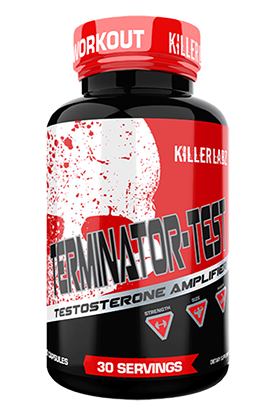
Terminator Test by Killer Labz
$69.95 (30 capsules, each containing 300mg of Mucuna pruriens)
CLAIMS
“Testosterone Amplifier.”
“Strength, Size, Power.”
“KILLEVERYWORKOUT.”
“Increases libido.”
“Encourages optimal testosterone production.”
“Supports fat loss.”
PURCHASED FROM
Xplosiv Supplements (in Wellington).
Xplosiv Supplements chief executive officer Jonathan Birrell said when made aware, Xplosiv Supplements immediately withdrew the product from sale. “Everything we sell must be compliant and we employ a technologist to ensure all our in-house branded products comply.”. He said the company relies on the official suppliers of brands to only provide products that are compliant and are “very disappointed the supplier concerned did not and have taken the necessary action”.
Gamma-Aminobutyric Acid (GABA)
Gamma-aminobutyric acid (GABA) is a class B drug. It’s a naturally occurring amino acid that’s made in the brain and is also found in some foods, such as yoghurt. It’s used to treat stress, anxiety, depression, and high blood pressure. GABA can be used to make gamma-hydroxybutyrate or GHB (more commonly known as fantasy or liquid ecstasy).
Found in:
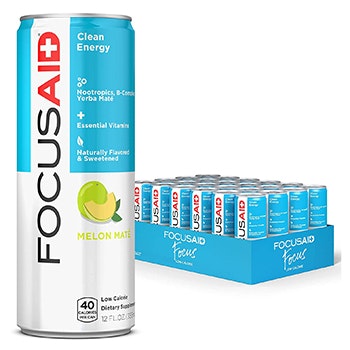
Focus Aid Melon Blend by Life Aid Beverage Co
$65 (12 pack of cans)
CLAIMS
“40 calories per can.”
“Vitamins you’ll enjoy drinking.”
“Sweetened & flavored with fruit extracts and essences.”
PURCHASED FROM
supplementsdirect.co.nz.
Supplements Direct owner Paul Paton didn’t answer our questions but removed the product from sale after we contacted him. Life Aid distributors Hayden and Michelle Thorneycroft said they “regret this oversight” and have now removed the product from sale.
N-Methyltyramine hydrochloride
N-Methyltyramine hydrochloride (also known as NMT and 4-hydroxy-N-methylphenethylamine) is a class C drug. The phenethylamine derivative naturally occurs in plants – such as bitter orange – and the human body. It’s also manufactured synthetically and is commonly used for weight loss and athletic performance. However, there is currently no good scientific evidence to support these uses. In fact, the few studies investigating N-Methyltyramine suggest that when taken as a weight-loss supplement, it can increase appetite and decrease fat burning. The US Food and Drug Administration cautions against N-Methyltyramine’s use and is investigating whether it should be allowed in dietary supplements.
Found in:
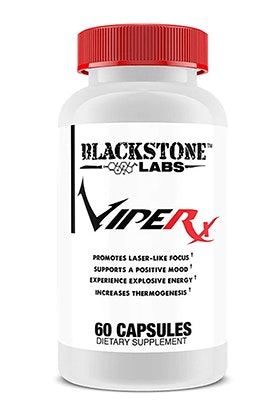
ViperX by Blackstone Labs
$79.95 (60 capsules)
CLAIMS
“Promotes laser-like focus, supports a positive mood, experience explosive energy, increases weight loss.”
PURCHASED FROM
thecavenutritionstore.co.nz
It’s owned by Lloyd Siewert, who also operates a store in Hamilton. Siewert did not respond to any of our questions. The product remains on sale.
A toxic industry
In 2017, a study by researchers from the University of Otago and the University of Technology Sydney found six sports supplements sold in New Zealand and Australia contained anabolic steroids. These can cause liver damage, acne, aggressive mood swings and endocrine cancer and even heart disease.
None of the supplements declared the drug.
In New Zealand sports supplements don’t need to be tested or proved safe before being available for sale.
Instead, the responsibility is placed on the seller to ensure the product is made to an acceptable quality and is safe to use.
In the past three years, Medsafe has recalled and issued warnings to consumers about two different weight loss coffee products containing phenethylamine.
An expert opinion
David Gerrard, an emeritus professor of sports medicine at the University of Otago, said he’s aware of cases of sports supplements being contaminated or “laced” with amphetamines to enhance their effects. This poses risks such as drug dependency and addiction.
A 2015 article he coauthored looking at drug misuse in sport cited figures that 93% of elite New Zealand athletes use dietary msupplements. The paper, published in the New Zealand Medical Journal, found many of these athletes bought their supplements online. Of those, 15% contained steroids.
“I am concerned that illegal drugs are so readily available through unregulated sources,” Professor Gerrard said.
Many young athletes, their parents and coaches are under the impression that supplements are the key to sporting success, he explained.
“This perception is frequently driven by inaccurate information with no basis in scientific research … as a sports physician, I am concerned by the unsubstantiated information promoted through what has become a multibillion-dollar industry.”
Professor Gerrard wants to see Medsafe build a stronger collaboration with Drug Free Sport New Zealand.
He’s also calling for the supplement industry tohave stricter controls to protect consumers.
